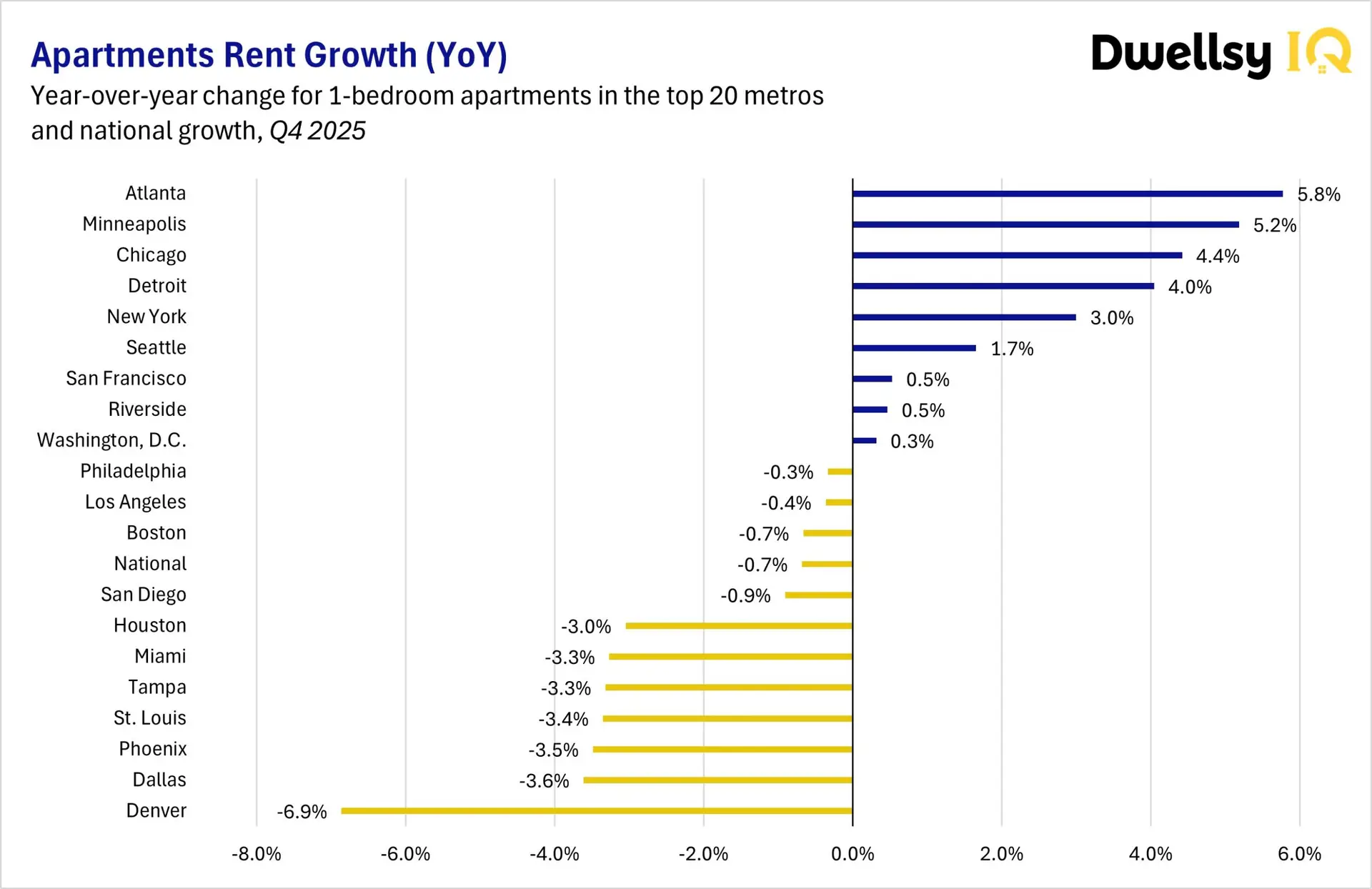Greystar, one of the largest apartment operators in the United States, has agreed to pay $7 million to resolve claims from nine states that it participated in a rent-fixing scheme involving RealPage’s revenue management software.
The settlement would remove Greystar from a multistate antitrust lawsuit led by state attorneys general, who allege that RealPage’s tools — particularly its AI-driven Revenue Management software, formerly known as YieldStar — enabled competing landlords to coordinate pricing and artificially raise rents. The deal still requires final approval from a federal court.
Background on the case
Greystar, headquartered in South Carolina, owns or manages more than 900,000 apartments nationwide. The company previously agreed to cooperate with the Department of Justice in the broader federal antitrust case being heard in North Carolina.
The state-level antitrust suit was filed in August 2024, following a two-year federal investigation triggered by a ProPublica report. Prosecutors allege RealPage designed its software to promote collusion by pooling competitively sensitive, nonpublic data from multiple landlords and using it to suggest rent increases.
A spokesperson for Greystar said that they are pleased that this matter is resolved and that they remain focused on serving their residents and clients. The company continues to deny any wrongdoing or antitrust violations.
Terms of the settlement
agreement covers complaints from attorneys general in North Carolina, California, Colorado, Connecticut, Illinois, Minnesota, Oregon, Tennessee, and Massachusetts. The $7M payment will go to California, with state officials determining how the funds are allocated.
In addition to the fine, Greystar has agreed to:
- Stop using, sharing, or soliciting nonpublic, competitively sensitive data to set rents.
- Limit the types of information incorporated into rent-setting decisions.
- Appoint an antitrust compliance officer.
- Continue using RealPage or similar software only when required by a client, and only if the tools do not use nonpublic data.
The settlement defines competitively sensitive information broadly — including occupancy data, executed rental rates, concessions, and any pricing strategies used by other landlords.
Greystar will still be permitted to use publicly available information such as advertised rents, concessions, or availability data posted on websites.
Industry context
Debate around RealPage’s software and data-sharing practices has been growing. Brokers and operators have long disagreed over what qualifies as public versus proprietary data, particularly as revenue management tools have become more widely adopted.
RealPage has repeatedly denied wrongdoing, arguing that the lawsuits and new regulations targeting pricing algorithms reflect political pressure driven by the ongoing housing affordability crisis.
Parallel litigation
A separate class-action lawsuit is moving forward in Nashville. In October, Greystar and 26 other landlords agreed to pay $50 million collectively to settle claims in that case.
However, the state attorneys general pursuing the antitrust case urged the judge to reject the proposed settlements, arguing the fines were insufficient compared to the alleged harm to tenants. They described Greystar as having a “central role in advancing the alleged conspiracy.”
If approved, the new settlement would dismiss the states’ case against Greystar with prejudice, preventing future litigation on the same claims. Enforcement would last five years, with the potential for extensions if violations occur.
Source: Reuters



